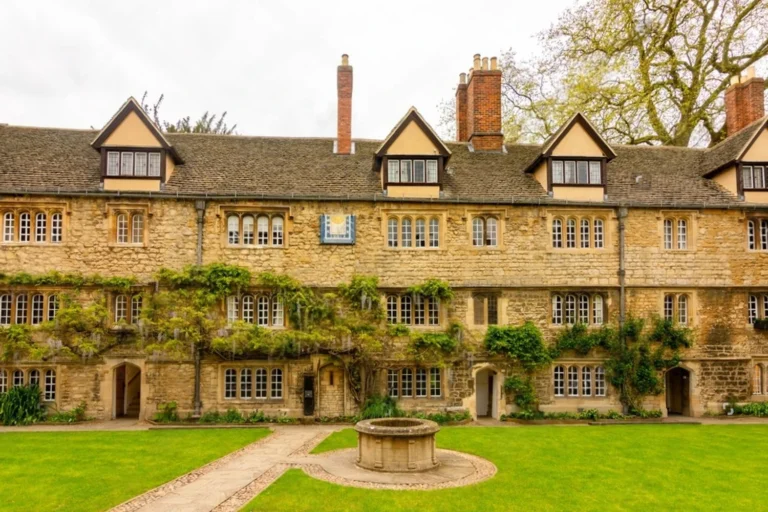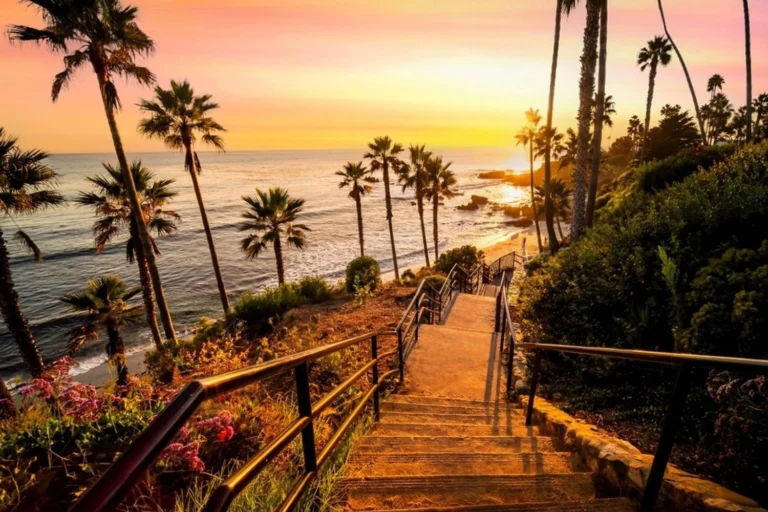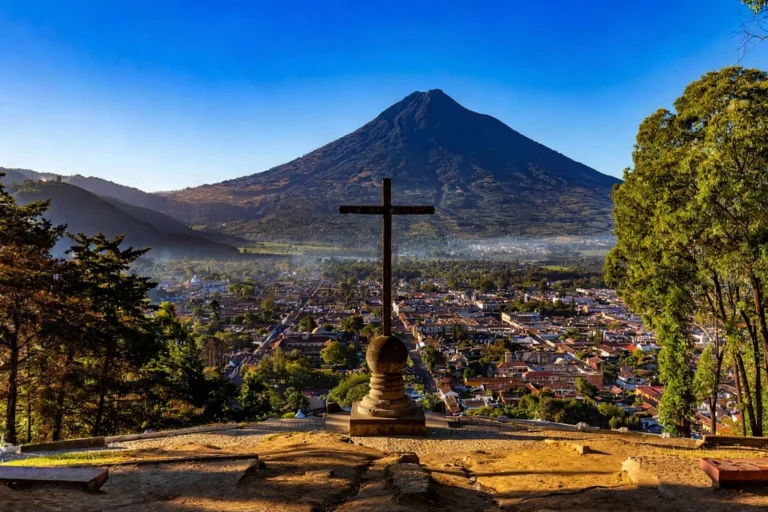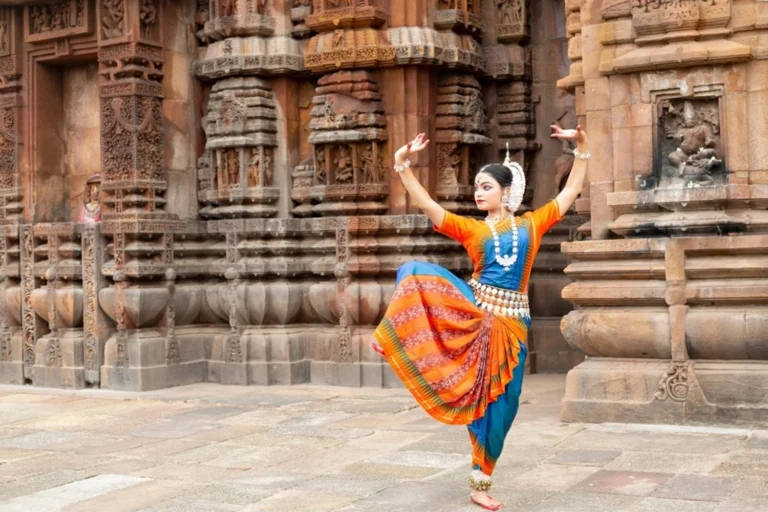Qatar: 30 Unexpected Truths Beneath the Desert Shine
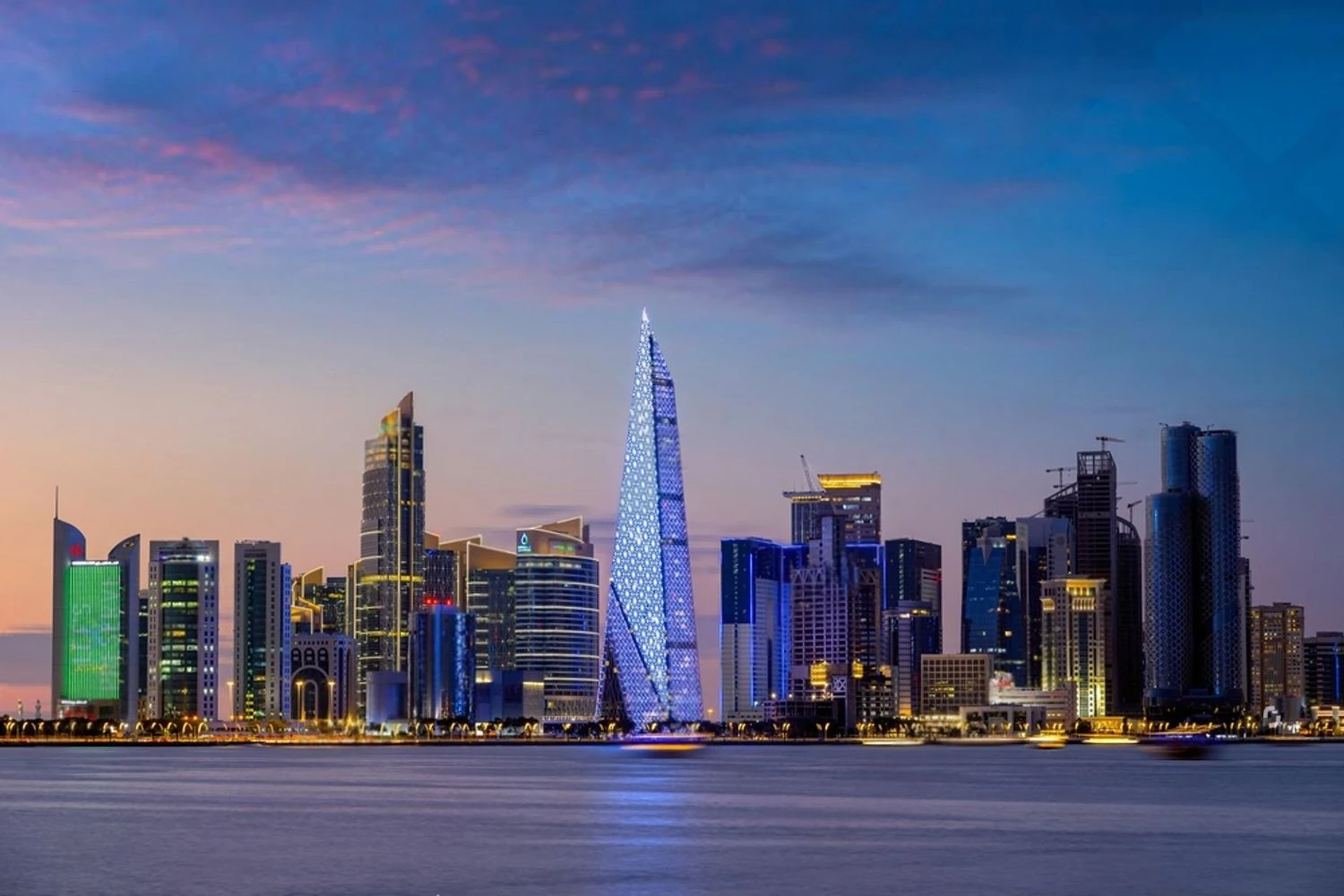
Qatar feels like a mirage that decided to stay. The air shimmers with heat and promise, and the desert hums softly beneath the glass and steel of its cities. Between the call to prayer and the hush of the dunes, there’s a rhythm that feels both ancient and new. If you linger, you start to see it – a place where tradition and ambition share the same heartbeat, steady and full of light.
A name born from a careful desert drip
I remember the first raindrop landing on my arm warm, almost shy and how everyone around me glanced up as if the sky had finally remembered our address. The air filled with that soft, chalky scent of dust waking after a nap. People laugh here that even the clouds ration themselves, and the joke lands with a tenderness you feel in your throat, like a smile you’ve been holding for a long time.
They call it Qatar from the old word “Qatara,” to flow or drip tiny syllables shaped by rare rain and the old underground wells that once whispered life into cracked earth. In Doha, when a gray blush gathers at the horizon, the city seems to pause; the sky keeps a ledger of every drop, and the land leans in to listen. It’s a place that teaches you to savor: water is offered before stories, small kindnesses are poured like careful glasses, and patience becomes a kind of daily prayer. Somehow the name carries all that quiet reverence, reminding you that even the smallest flow can change the day.
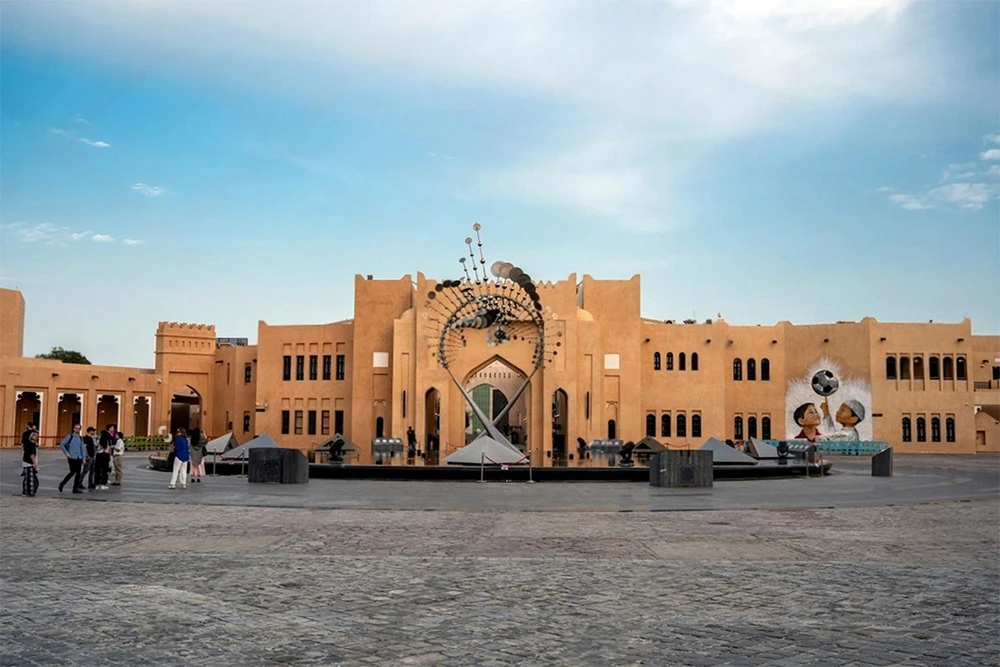
Pearls, one breath, and the sea’s old songs
The first time I heard an old work song drift across a festival tent, it felt like the salt air had a melody. Long before the towers and oil gas glow, this coast lived by pearls; men vanished to the sea for months, trusted silence and ribs, and dropped thirty meters on a single breath. I can’t help picturing the quiet between waves, calloused fingers on rough ropes, families learning patience by lantern light. There’s a tenderness to that toughness that stays with me like a memory you carry in your pocket and touch when the wind shifts.
In Doha, they call those songs nahma al bahar, and they still rise during heritage festivals, voices weaving together like a rope thrown back through time. When the chorus swells, the modern city seems to pause, and you can almost feel the old rhythm under the glass and steel. It reminds me that wealth didn’t begin here with pipelines; it began with breath, with shared grit and a kind of faith in the sea. Maybe that’s why the music lingers the sound of a people who learned to gather courage one lungful at a time.
Where the dunes drift straight into a restless sea
I remember the hush just before the tide turned – warm wind, salt in the air, sunlight glazing the sand. Then the shoreline seemed to loosen and the ridges slid, grain by grain, toward the shallows. In Qatar’s Khor Al Adaid, the desert really does kiss the ocean, a sight so unreal that UNESCO calls it a natural wonder.
It’s the kind of scene that rearranges your idea of edges and belonging. When the tide shifts, the dunes seem to walk into the water, and something inside you softens too – surprised, quiet, oddly hopeful. I left with sand still warm on my ankles and brine on my lips, carrying the simple relief that boundaries can be gentle.
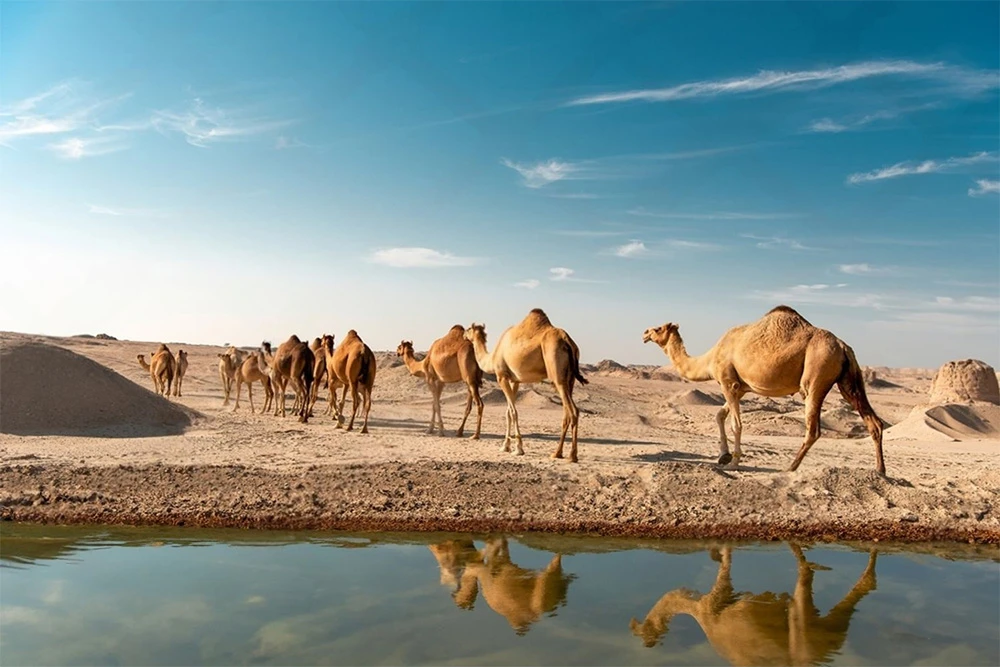
Where purple was born among mangroves and tide
I still can’t believe a color can have a birthplace. On Purple Island, ancient hands coaxed Tyrian dye from small sea shells, a rare stain that once wrapped emperors and outlasted their thrones. The air carries a clean, briny hush, warmed by the sun.
Now it’s a quieter kind of prestige: mangroves breathing with the tide, their roots knitting the shallows; flamingos standing still, pale and careful; sea crabs etching quick patterns in the mud. I remember how the light went soft and the water smelled faintly mineral, and I felt my shoulders drop.
It made me think that power simply changes, and the island has traded crowns for roots. The luxury here is time and salt and green, and the old purple returns as evening color on the water soft, brief, enough to make you lower your voice.
Robot jockeys race camels while tradition keeps a steady rein
I remember the first time the camels thundered past, the sound a low drum rolling over the sand, and then I noticed the riders: small robots with whirling little arms, sun flickering on their metal casings. Out near Doha’s track, the air smelled of dust and sweet tea, and it made me smile this wild blend of hoofbeats and radio signals, the old rhythm guided by a tiny machine.
People told me that child jockeys once rode here, until the early 2000s when it was banned, and I felt a quiet relief threaded through the cheers. The sport didn’t vanish; it adapted. The robots are steered by remote control, packed with built in GPS, and the whole thing feels like a new note in an old song respect stitched to innovation so the tradition can keep breathing.
What stayed with me was the tenderness of it all: families watching from the rails, camels shimmering in heat haze, a murmur of prayers carried by the wind. You hear bursts of radio chatter and laughter, and you sense a place that refuses the false choice between past and future. Here, the desert keeps its story, and the robots simply help turn the page.
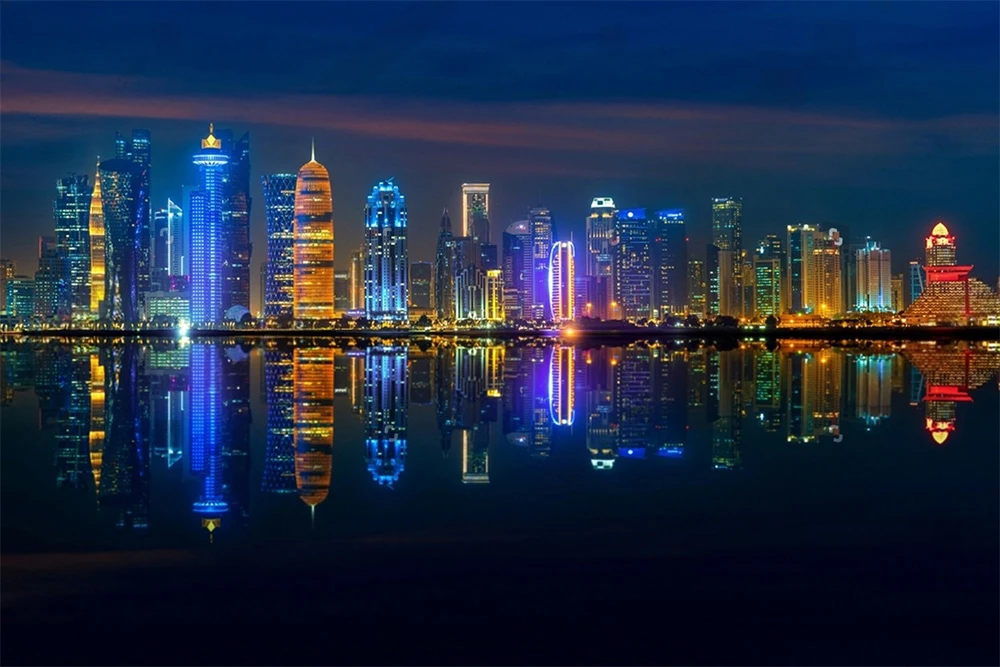
Walking through air conditioned streets in the desert
The first time a breeze rose from the pavement, I laughed out loud. It felt impossible cool air licking my ankles while the sun pressed down like a hand on my shoulders. Squares, benches, even whole promenades were cooled from beneath, a hush of air drifting up through grates and tiles so the stone stayed kind to your skin. I sat on a bench and felt a gentle chill settle through my calves, the faint scent of coffee in the air, the low murmur of people lingering because they finally could. It’s the first place I’ve ever strolled outdoors in air conditioning, like a secret river of winter underfoot.
In Doha, it reads as both invention and invitation. The city seems to bargain with the desert, not to win, but to make peace lowering the heat just enough for conversation to stretch, for evening to feel like a promise again. I remember thinking how modern comfort, done this quietly, becomes a kind of hospitality: a soft “stay a little longer” offered to everyone who passes by. The desert lets out a long, kind exhale, and the streets answer by filling with unhurried lives.
https://en.wikipedia.org/wiki/Qatar
Where dunes and skyscrapers are the only mountains
I remember smiling when I learned Qatar is the second flattest country in the world, right after the Maldives. Once you notice it, the horizon never blinks; the land just stretches on, sun warmed and pale, and the sky feels like a roof lifted away. The glass towers by the water catch the light so cleanly that the air seems to sparkle, and beyond them the sand lies in a soft, dry hush.
Locals joke that their only mountains are sand dunes and skyscrapers both reshaped by the wind. The dunes wander with each season; the towers shimmer with reflected sun, their edges tested by sea breezes, and together they make a landscape that trusts movement more than height. It made me love the place even more: a flat country that builds upward with clear eyed nerve, and a wind that works as the quiet sculptor keeping everything honest.
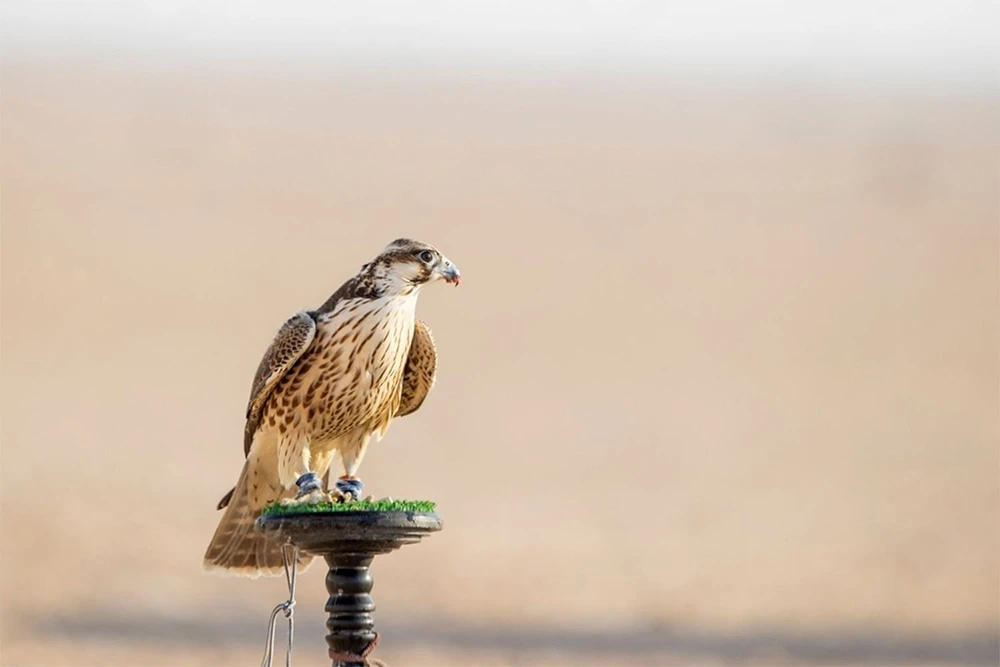
Machboos and the quiet generosity of a host
The first thing I noticed wasn’t the saffron glow or the cumin warmth, but a hand that wasn’t mine filling my plate. Steam rose from the spiced rice, each grain light and separate, with tender meat nestled in and a dried lime tucked there like a small dusky moon. The citrus ran through the richness in a gentle thread, bright without being loud, the kind of flavor that lingers on the edges and makes everything feel complete.
In Doha, guests never serve themselves; the host does, heaping on the most generous portion as if abundance were the simplest promise. It surprised me at first, then loosened something inside like being told, without ceremony, that you belong. I remember learning that taking the offered spoonfuls is its own thank you, a quiet yes to care. And somehow this is what the dish becomes: not just spiced rice and meat or fish, but hospitality made visible, kindness in a form you can hold warm in your hands.
Where departures come with a giant bear under lamplight
There’s a hush you only hear in airports at dusk the soft drift of air conditioning, the shine of polished floors, the bittersweet scent of coffee and then, in the middle of it all, a giant teddy bear sits under a yellow lamp. By Swiss artist Urs Fischer, it’s absurd and tender at once, domestic and monumental, like someone set childhood down in the heart of the departures hall to keep watch. Hamad International in Doha feels less like a terminal and more like a museum with boarding passes.
Fischer’s bear, worth over $6.8 million, glows like a nightlight for the grown ups who haven’t slept. I remember waiting beneath that buttery light and feeling my shoulders unclench, as if art could smooth the edges of leaving. It turns the departures hall into a kind of shared living room, where strangers look up and soften at the same improbable gentleness. In a place built for movement, something quietly tells you to linger just long enough to be reminded that travel isn’t only about going, it’s about what keeps you company on the way.
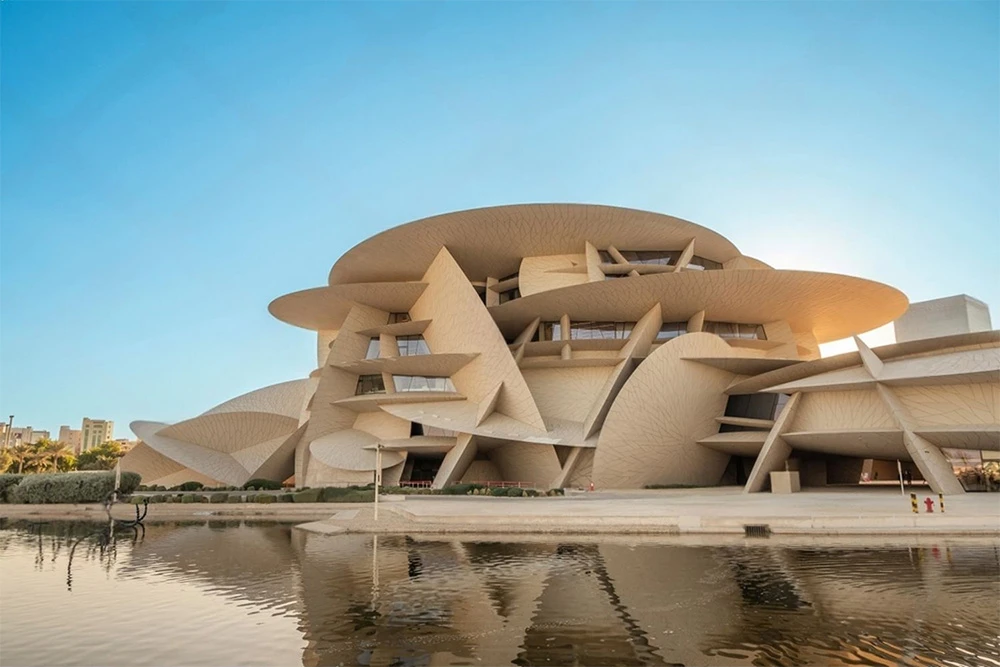
Seashell trains and a record under quiet streets
I still remember the first time the doors slid open and the air felt cool and hushed. The car curved in soft shells and the light pooled in warm gold that flickers as the train moves, honoring the sea. Stepping in felt like entering a modern oyster, all calm and gleam.
Someone later told me the metro holds a Guinness record – the largest number of tunnel boring machines ever working at the same time – and I couldn’t get over the contrast. All that rumble and grit buried deep so that above, the ride is smooth, almost whispering. The shell shaped arches are a small salute to the pearl divers who once set out before dawn; their history feels present in the shine.
In Doha, that mix makes sense to me: fearless in scale, tender in detail, the trains linking neighborhoods in smooth silence. On late afternoons I sit by the window and watch the city slide by, the route stitching itself through daily life like a line of gold thread. It leaves me a little soothed, a little proud of how the past and future can travel side by side.
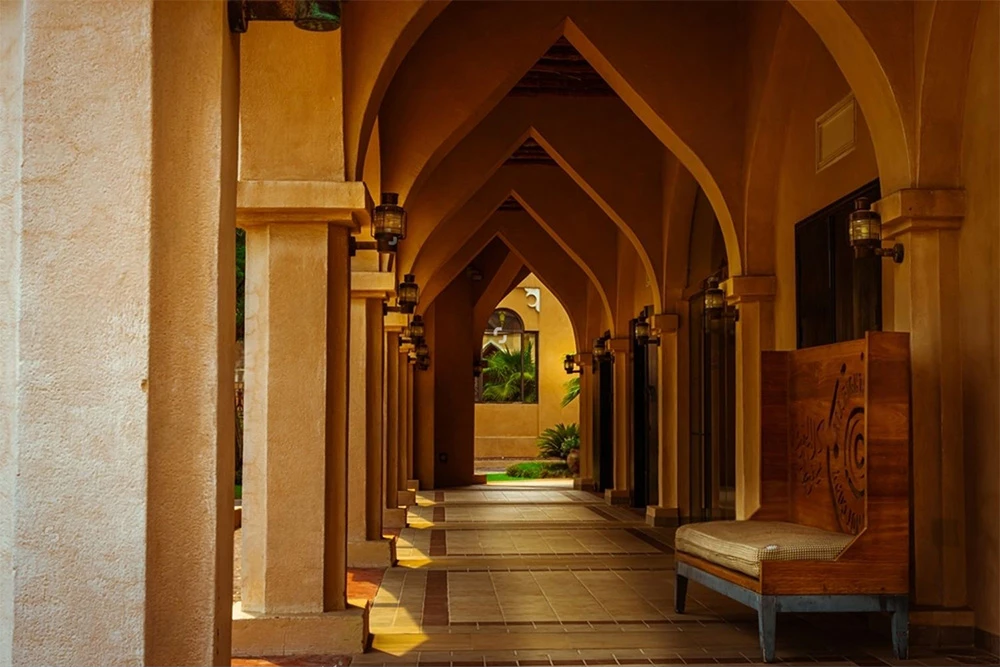
Old tides beneath Qatar’s seemingly new skyline
Some days this place looks brand new, like it just rolled off the horizon with a shine still on it. Heat wavers above glass towers, the sea smells of salt and warmed stone, and the water turns into a mirror so clean it almost hums. I remember thinking how fresh it all felt, and then feeling that soft nudge of perspective – that what looks newborn is often standing on something ancient.
Archaeologists say people were here roughly 50,000 years ago, leaving stone tools in caves up on the north coast, while prehistoric nomads cast lines into the same waters that now reflect all this glass. I love that thought: the present as a thin layer of light floating on very deep water. It makes the city’s glitter kinder somehow, anchored by the patience of old tides and old hands, and it changes the way the breeze touches your face – less like novelty, more like a greeting that’s been practiced for ages.
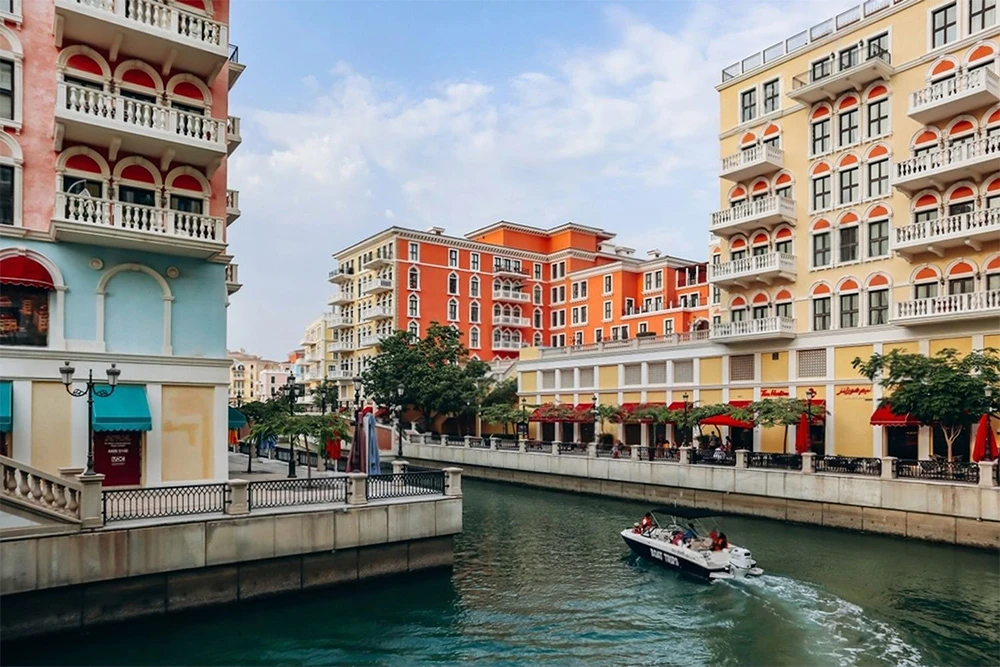
Lucky cats ruling the souqs like soft royalty
I remember laughing the first time a tabby uncurled beneath a barista stool and blinked at me, perfectly at home. Cups clinked, cardamom drifted up from the steam, and the whole café simply flowed around the cat, the way a street parts around a familiar neighbor. In Doha, no one shooed it away; someone nudged a saucer of water toward the paws with a small nod, the kind that says, of course you belong.
People told me caring for animals is part of faith here, so the strays are welcomed, and their presence is considered lucky. Once I noticed, I saw them everywhere: curled in the shade of spice sacks, threading between robes and sandals in the souqs, stretching themselves into stripes of sun on cool tiles. They move with the calm of tiny monarchs on velvet paws, and it made me think that maybe the luck they carry is really our own tenderness reflected back coins of good fortune scattered on warm stone, reminding you to walk softer in the world.
Where scent and song still guide trade
Some places ask you to listen first. At Souq Waqif in Doha, the air is busy in the gentlest way: incense ribbons upward, and somewhere close a mortar answers with a slow, woody thud as oud is crushed. The smell has weight and warmth, a smoky sweetness that settles on your sleeves and makes time feel unhurried.
In the shade, falconers murmur and whistle, and the birds reply with soft clicks and the hush of feathers. The sounds are small but sure, a calm language that needs no shouting. I remember the steady quiet of it, the confidence in those notes drifting under the awnings.
It struck me that the market’s rhythm isn’t set by coins or clocks but by the senses. Trade moves by nose and ear perfume makers listening for the right crack of the wood, falconers shaping the air with a single clear call and the whole place keeps an old, measured heartbeat. It feels both ancient and tender, the kind of beauty you carry long after you’ve walked away.
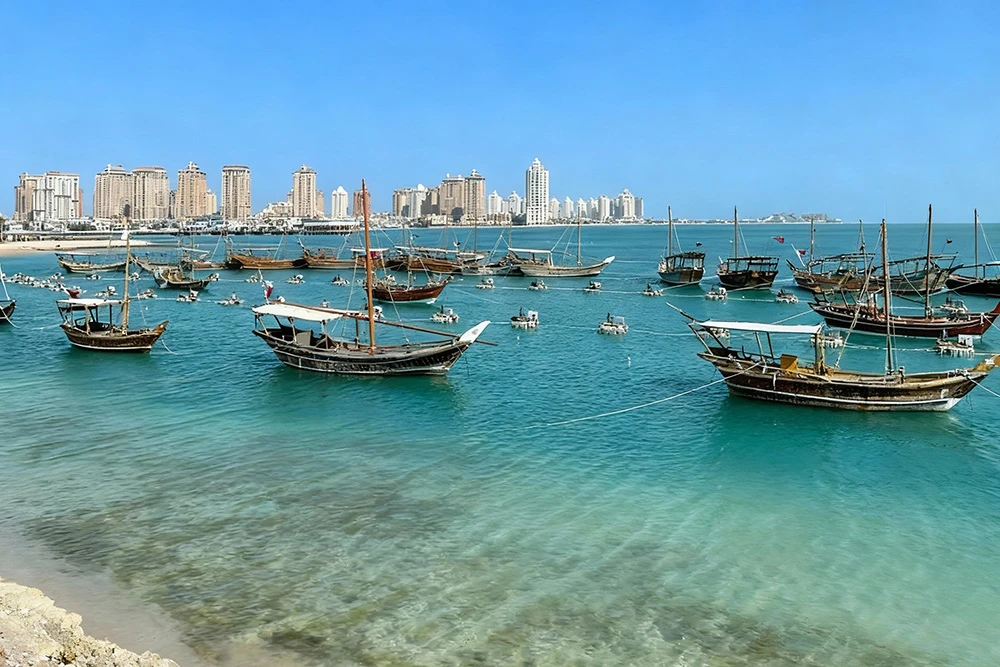
An old village where art feels newly alive
I didn’t expect gold to feel warm at dusk, but the mosaic shimmered like evening firelight and made the courtyard breathe a little slower. Katara Cultural Village looks like it stepped out of another century, yet the amphitheater rises with steps like sun bleached shells, and galleries spill soft light onto stone lanes. I remember the call of a muezzin drifting across murals and sculptures, reverence brushing against imagination without a single elbow thrown. The air carried cardamom and sea salt, and the breeze seemed to leaf through conversations artists debating color, elders trading stories you could almost taste.
Down by the sand, beach cafés hummed with that unhurried Gulf rhythm, where a cup of karak turns into an hour of watching horizons soften. It’s the blend that surprises you: gilded domes winking over modern canvases, an amphitheater ready for music while children chase shadows, faith and play keeping each other company. The place made me feel that tradition isn’t a glass case; it’s a living room with the door wide open. By the time the lights came on, the whole shoreline felt like a lantern of ideas, steady and generous, glowing long after you’ve wandered away.
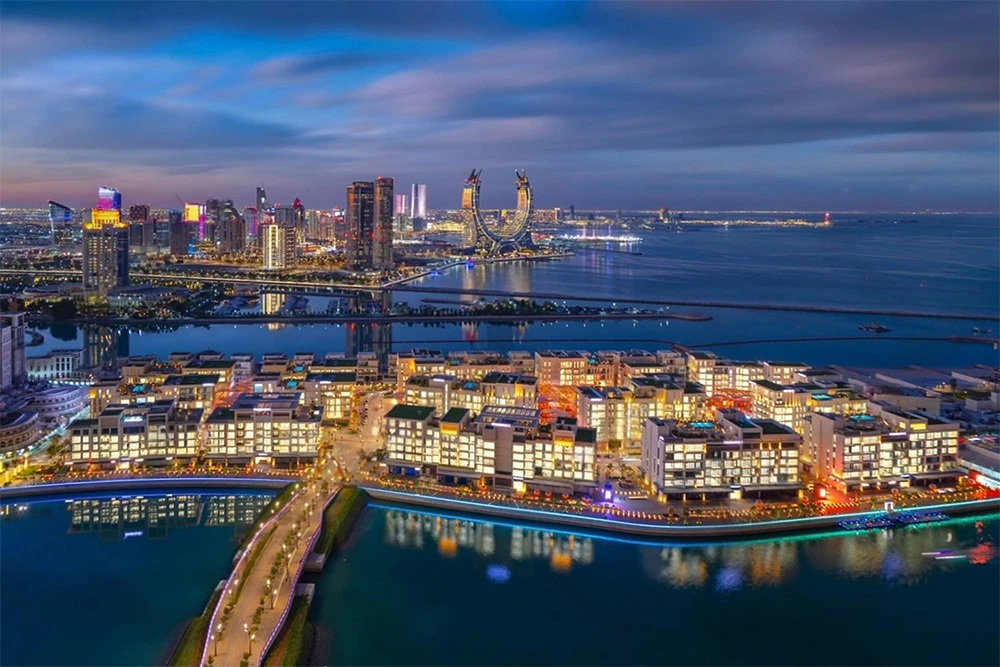
When rain arrives, the desert breaks into song
The first fat drops hit the road and everything shifts air cooler, light softer, voices rising from doorways before the clouds can even settle. I heard it in Doha once, a chorus of little feet and bright laughter, children spilling into the street singing al matar jannah, rain is heaven, as if they’d been waiting at the window for a secret knock. The smell of wet dust lifted like a blessing from the asphalt, and puddles shone like small coins tossed across the pavement.
It never stays long. The rain arrives like a visiting relative who leaves before the tea cools, and somehow that makes the joy sharper. In those quick minutes the city forgets its glare and becomes tender mothers smiling from thresholds, neighbors nodding, cars slowing as if not to disturb a rare guest. When the sun pushes back, the desert dries as though nothing happened, but it lingers with you: the idea that some places teach you to celebrate what’s fleeting, to hold a tiny moment of softness as if it might carry you through the heat.
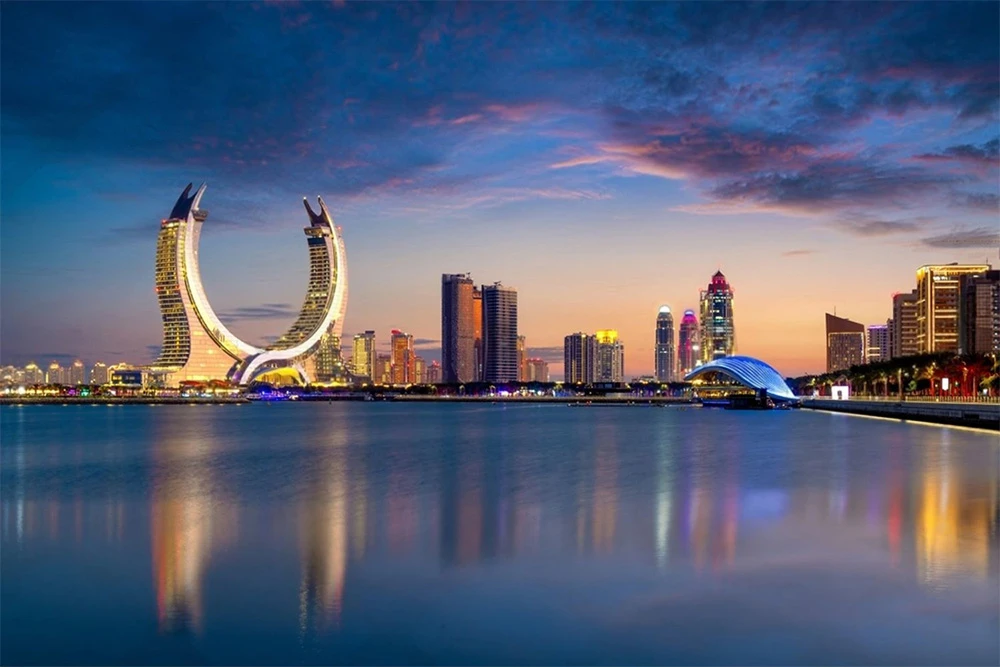
A necklace of luxury strung from old waters
I remember how the name made me smile The Pearl Qatar. Even before you see it, you can almost picture it: a man made island curving like a necklace laid on the tide, shaped as a string of pearls where pearl divers once pushed their dhows into the water. Now the breeze still tastes faintly of salt, lantern light skims polished stone, and you catch the soft thrum of boats echoing across the marina at dusk.
What feels so tender here is the balance: people who build for comfort and glitter, yet let history breathe between the edges. Shops glow and towers rise, but the story underfoot doesn’t disappear it’s folded into the plan, the past quietly paved into the present. I remember thinking how rare that is, this kind of splendor that remembers where it came from, and how good it feels when a place chooses to hold both.
A World Cup stadium built to be shared
I love when a place knows what it wants to become after the applause fades. In Qatar, the Lusail Stadium looked almost serene in the soft evening light, its patterned skin catching the last warmth of the day while the air held that mix of grass and desert dust. Someone mentioned, almost casually, that it was designed to be dismantled and reused, and I felt a little jolt – like hearing a secret about a giant that plans to kneel.
Instead of hardening into a monument, it will loosen into pieces: seats and steel turned into schools and smaller stadiums across Africa and Asia, a plan they call “return the favor of football.” I love that phrase. It’s the opposite of hoarding glory; more like a golden bowl poured into many cups so others can drink from the same bright game.
It made me think about how some places measure greatness not by how long they stand, but by how far they reach. There’s tenderness in that choice – a reminder that the loudest days can ripple quietly into classrooms and village fields, where a whistle blows and a new cheer begins, carried by parts of a stadium that decided sharing was the best way to last.
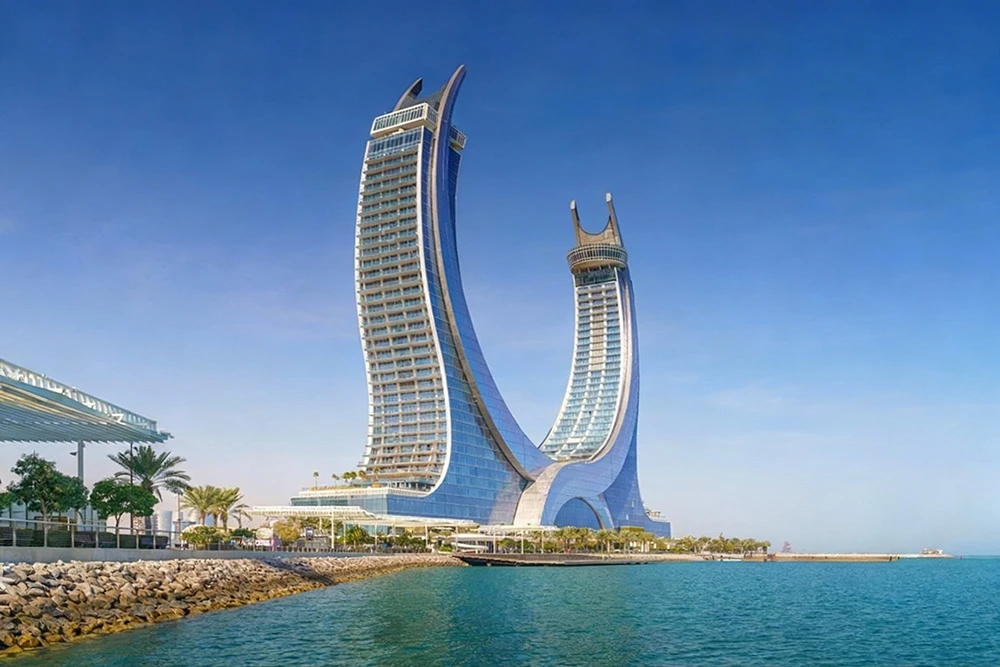
Ancient pages cared for by soft‑spoken robots
The room felt so quiet you could hear dust settle in the shafts of light. At the Qatar National Library, that quiet carries the soft whir of AI‑powered preservation robots, the gentle care they give to ancient manuscripts even 9th‑century Qur’ans that seem to hold the breath of centuries. When it made headlines back in 2023, it sounded a bit like science fiction, but in person it feels tender rather than showy. I remember thinking the machines moved like careful gardeners in a centuries‑old garden of words.
There’s a calm certainty in the idea that the future doesn’t replace the past here; it steadies it, keeps the dust at bay. The faint scent of old paper and leather mingles with that clean, almost clinical air, and somehow it feels like hope. Maybe that’s the spirit of this place wisdom and futurism folded into the same breath, time braided with code without losing its prayerful hush. I carried the soft hum out with me, comforted by the thought that some pages will live longer than we do.
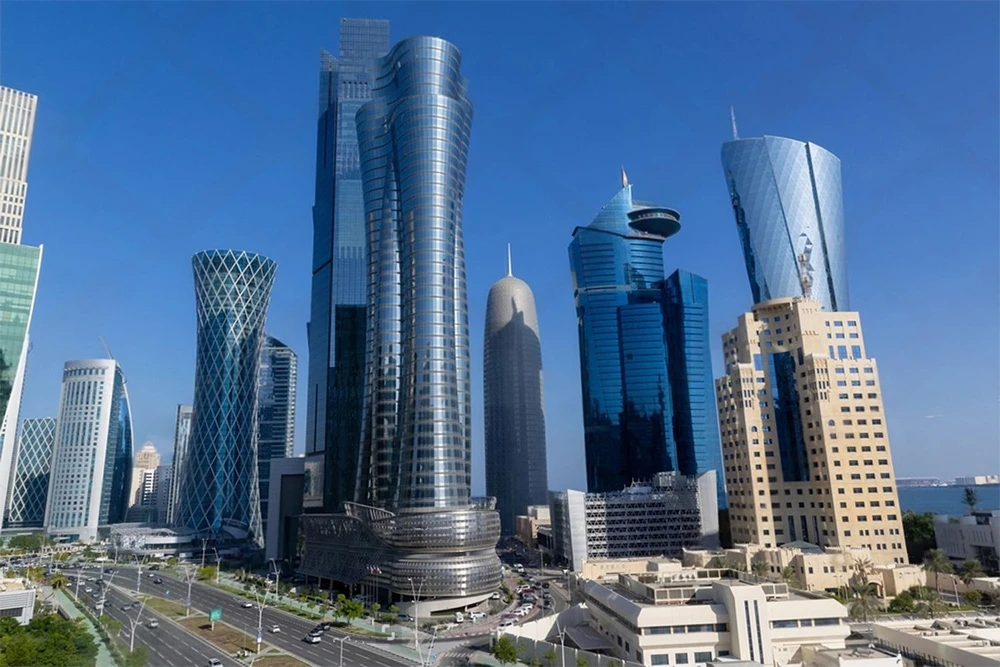
Karak tea replaces bar chatter with warm spice
I didn’t miss a drink the first night someone pressed a paper cup of karak into my hands. It was thick and sweet, the steam carrying cardamom and a whisper of saffron, and suddenly the day loosened its shoulders. Where alcohol is limited, conversations here seem to bloom over this milk tea; I’ve watched friends lean closer, voices soften, stories stretch, as if the sugar and spice were sand smoothing rough edges.
In Doha, chain cafés flicker late and hand out karak from drive through windows desert espresso for everyone, passed from palm to palm. I remember feeling how the cup warmed my fingers like a small campfire, and how strangers at neighboring windows traded nods that felt like toasts. It’s the gentlest kind of nightlife: headlights idling, night air salted with sea and spice, and a shared sweetness that draws out the best parts of people.
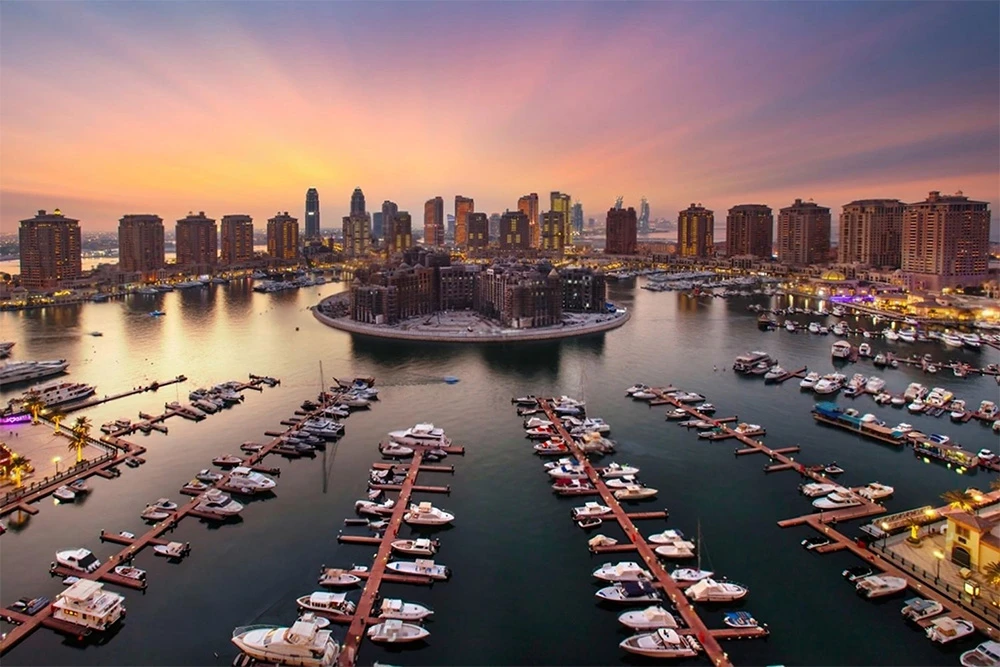
White forts staring across a wind swept sea
I didn’t expect white walls to look so tender against the desert glare chalk bright and still, like bones quietly kept by the sand. They’re Portuguese, from the 1500s, remnants of a bold idea carried on salt and wind. There’s a hush around them that feels almost respectful; the heat hums, the air tastes faintly of brine, and the horizon opens like a held breath.
At Al Zubarah Fort, the silence has a memory. It watches over a ghost town whose trade once stretched from Bahrain to India, and in the breeze you can almost hear the echo of markets voices layering, hemp ropes complaining, spices whispering from sacks. It surprised me how global the past feels here, and how softly it survives. I remember thinking ambition doesn’t really disappear; it settles into shape, a shell left by the tide of commerce, reminding you that crossroads aren’t always loud they can be vast and quiet, and still hold the world.
Here, the right hand carries warmth and welcome.
I remember pausing over a clay tagine, steam curling up with the smell of cumin and lemon, and noticing how my left hand suddenly felt shy. Around me, mint tea chimed in small glasses, and every hello, every shared piece of bread, traveled through the right hand like a small key that opens every door.
There’s a quiet, old logic to it: one hand minds the private, tidy things; the other meets the world with respect. You start to see how a simple gesture can hold a whole story cleanliness, care, and a way of keeping meals gentle and shared.
In Marrakech, once I fell into that rhythm, the table seemed to breathe easier. Even when I forgot, people responded with patience and a smile, because the point wasn’t perfection it was intention. It’s a tiny custom that softens the edges of a busy day, a reminder that courtesy can be tasted, warm as bread passed from the right hand.
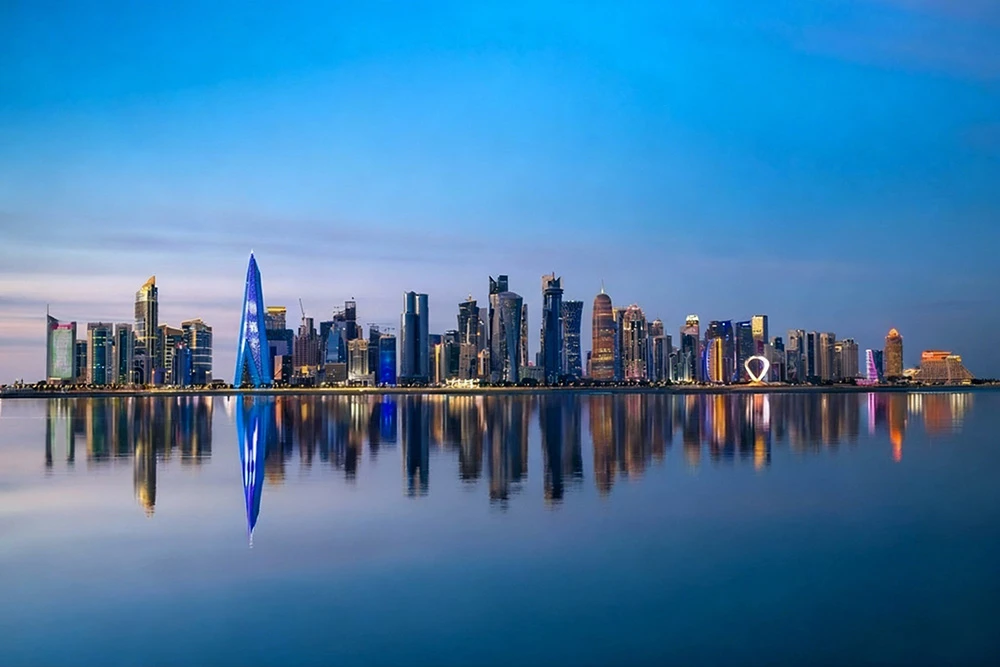
Golden batoola masks and quiet strength in Qatar
I remember the first time a batoola caught the afternoon light in a market stall, its hammered gold fabric glinting like a small shield of sunlight. The air smelled of cardamom and warm metal, and a little wind pushed grit along the floor. People told me those masks once kept faces safe from sun and sand, and suddenly I could feel the logic of it the way heat presses close, the way the desert insists on protection.
Then came the legend I can’t forget: that behind the batoola, a woman could weigh a potential suitor without giving away a flicker of approval or doubt. I love the quiet power in that, the private smile no one gets to read. In a place where daylight leaves very few secrets, the right to keep a thought to yourself feels priceless. It says something tender and proud about Qatar too resilience with a touch of playfulness, a reminder that even in harsh weather, dignity and decision can stay cool behind a shimmer of gold.
A green labyrinth tucked beside Qatar’s patient dunes
I didn’t expect the air to smell of salt and sap at the same time. At Al Thakira Mangroves, north of Doha, the desert loosens its grip and the world turns watercolor emerald roots, pale sand, and a sky that won’t stop widening. Flamingos stand like pink exclamation marks in the shallows; a turtle surfaces, blinks, and slips under again; fox tracks pepper the edges where the tide recedes. I remember the silence having a softness to it, the kind that lets your shoulders drift down.
What surprised me most was how quickly everything changes one moment a wind carved dune, the next a cool corridor of roots, reeds whispering and light flickering on the water like coins. It’s a small miracle of contrasts, desert and wetland sharing the same breath, each making the other feel more alive. I left with that quiet, steady happiness you get when a place shows you a side of itself you didn’t know to ask for, and it lingers like the scent of salt on your skin.
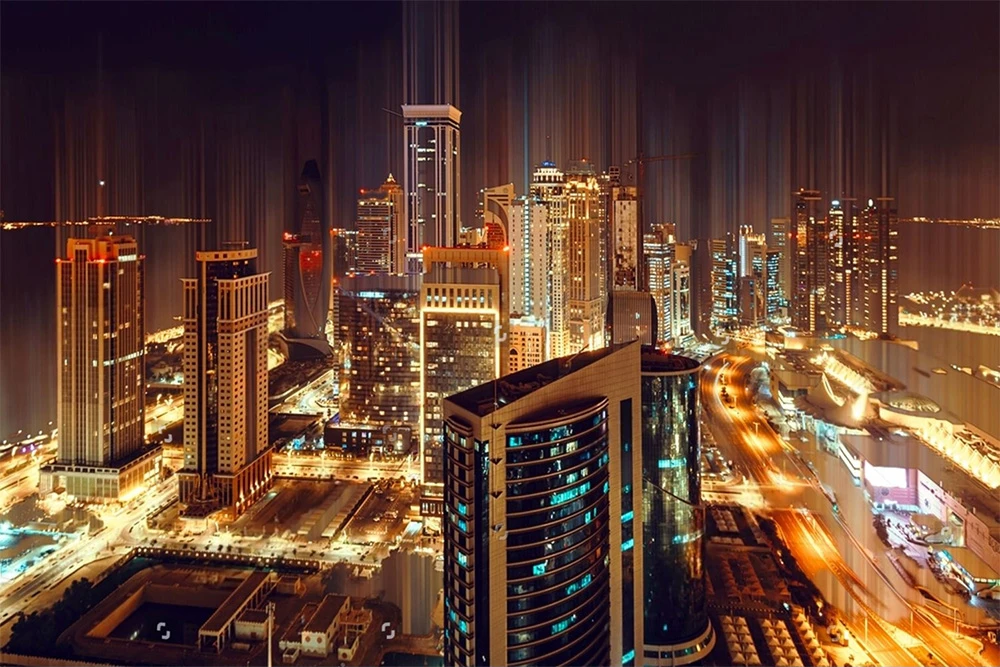
A World Cup with a gentler, lighter footprint
I remember the air inside the stadium cool on the skin, almost kind and being startled by how clean it felt. In Qatar, the chill came from renewable power, sunlight turned into comfort instead of heat, and the night sounded like pure cheering over a steady, civilized hum.
What stayed with me was the nearness of it all. The arenas sat within about 35 kilometers of each other, so the tournament felt compact instead of sprawling. Short distances kept the energy focused in one place, and the days carried a calm rhythm beneath all that noise.
They called it the first carbon‑neutral World Cup, and for once the idea didn’t feel abstract. It was there in the cool air, in the easy hops between games, in the sense that joy and responsibility can share the same seat. I left thinking that maybe this is how big moments should feel bright, loud, and still gentle on the world that hosts them.
From Camels’ Health To A Warm ‘Shlonak?’
I love when a greeting carries a whole history. For centuries, people here didn’t start with hello – they asked after your camels, the living measure of your fortune and your care. It wasn’t small talk; it was a way of asking if life itself was holding steady, like asking if the river you depend on is running clear.
These days, in Doha, the words have shifted but the feeling hasn’t. You hear “shlonak?” drift through souq alleys with the scent of oud and cardamom, a simple question that really means, Are you well? Are you comfortable? The sound of it feels like a soft hand on the shoulder, an invitation to be honest in a place that prides itself on warmth.
I remember the first time someone asked me that – I felt seen in a way that surprised me. The old care for camels became care for hearts, and somehow that makes the city feel kinder. I keep the word close, because it reminds me that here, wellbeing is wealth, and the most valuable thing you can offer someone is a moment to check in.
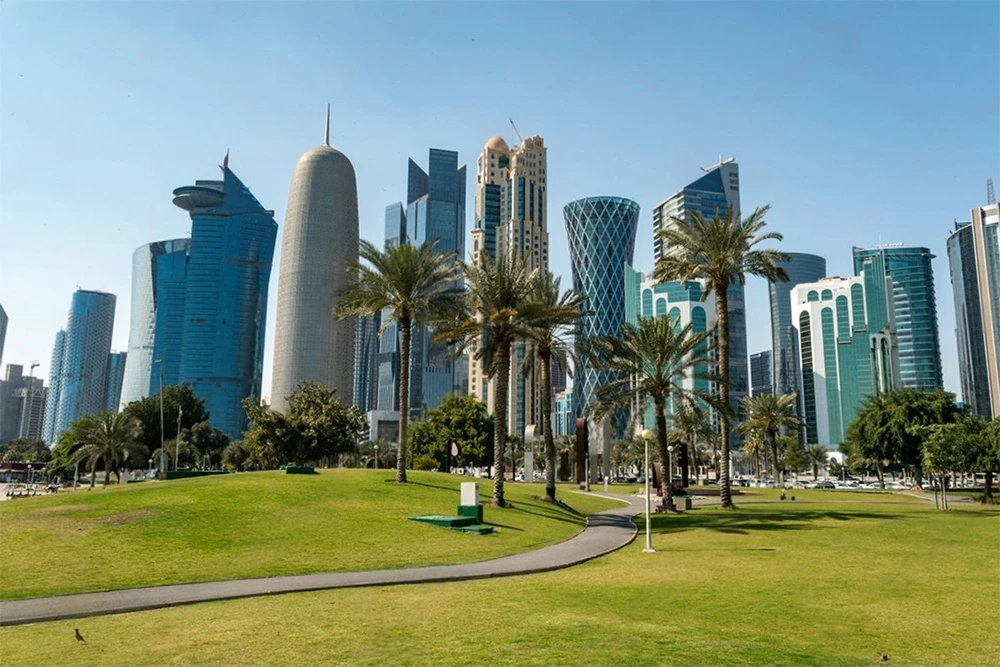
Evening majlis, where coffee carries old wisdom
By sundown, voices gather before the lamps even flicker on. In the majlis, cushions trace the walls and the smell of cardamom drifts through the room. Tiny cups make their rounds, light in the hand, and conversation flows like a low river you can step into at any bend.
Seating has its quiet order: elders near the head, guests nudged to their proper places, the youngest listening with bright, restless eyes. Coffee returns before you can miss it, dates soften the mouth, and silence is brief; someone always continues, turning a pause into another thought. I remember noticing how advice could arrive without weight just a nod, a proverb, a story that finds its listener and stays.
In Doha, this evening room feels like a parliament of everyday life, tender and firm at once. What matters travels by word of mouth, and it belongs to everyone who hears it. I always come away with my heart steadied, thinking how rare it is, in a quick world, to sit where wisdom is shared in plain voices and nothing important is left unsaid.
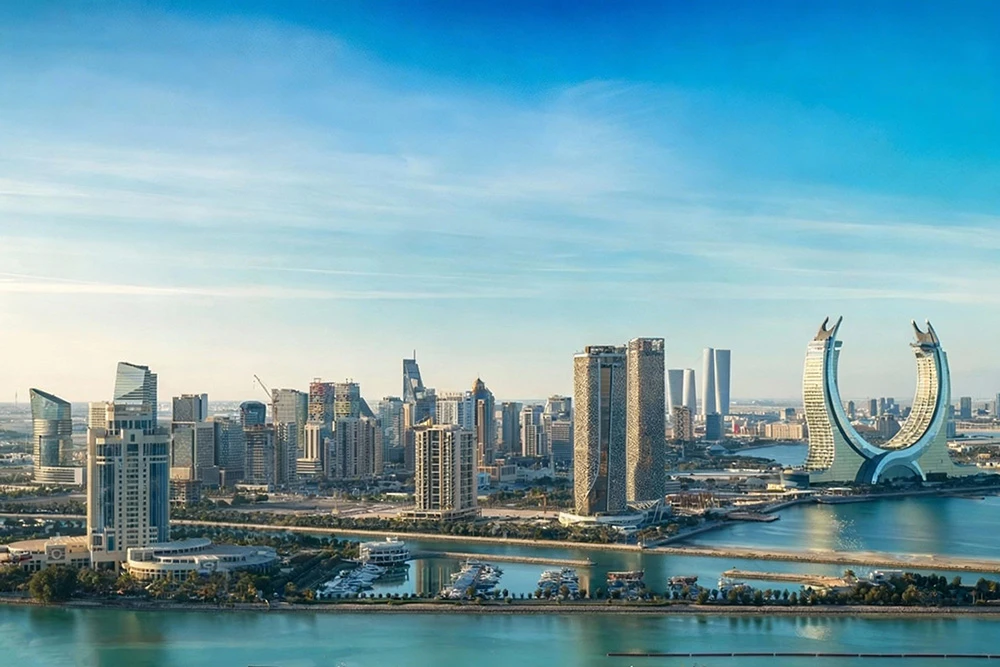
Falcons with Passports, first-class Seats, and Royal Care
I didn’t expect the quiet to feel ceremonial. In a small clinic tucked inside the Falcon Souq in Doha, a vet lifted a penlight and a falcon’s eye met the glow – glossy, calm, startlingly focused. Feathers whispered, the room smelled faintly of antiseptic and warm dust, and rows of birds waited under soft suede hoods while their eyes were checked with a tenderness that made the air gentler.
Someone told me, almost casually, that each bird carries a passport, flies first-class, and can cost more than a car, and I felt my eyebrows do that little jump of disbelief. But watching them, it made sense: falconry is an aristocratic sport here, and these creatures are pampered like royalty not for show, but because the bond between people and bird is old and proud – the wild, held respectfully in an open palm.
I remember stepping back into the heat thinking how status isn’t loud here; it’s in a steady gaze and the quiet care that keeps tradition breathing. The passports and plush seats stop feeling extravagant after you’ve seen that devotion – they feel like a promise to keep an old relationship alive.
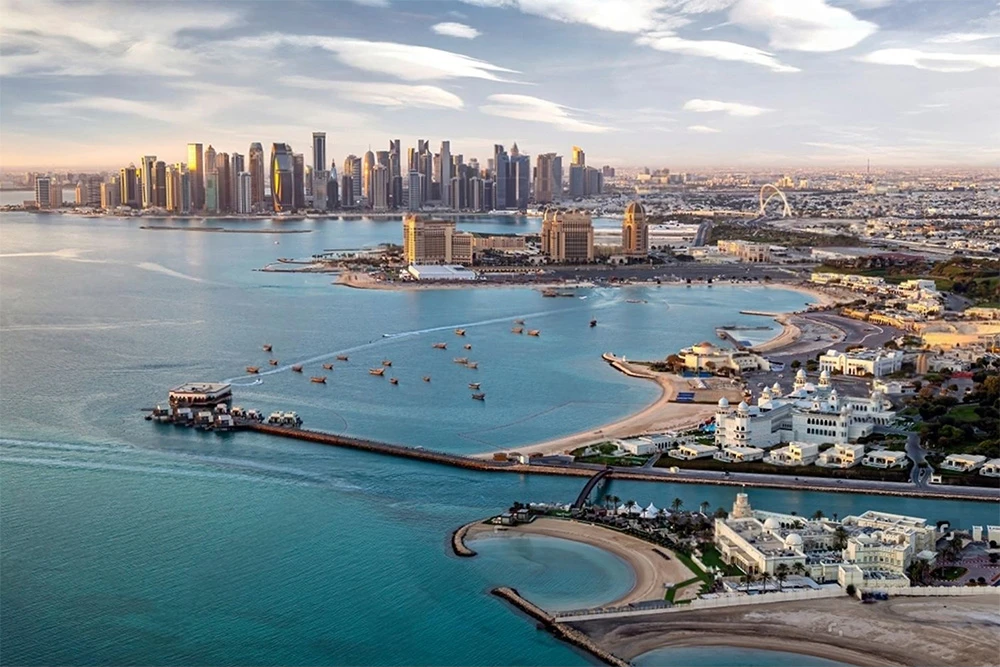
A quiet revolution in classrooms and boardrooms
I remember a pale morning in Doha when the air smelled faintly of cardamom and the city felt like it was leaning forward, listening. You can sense it in the calm confidence of voices, in the way sunlight pools on pale stone and people move with purpose. Change doesn’t always arrive with a headline; sometimes it shows up as a steady chorus, a tide reshaping a shoreline one smooth wave at a time.
In Education City, lecture halls hum and glass pavilions glow with late afternoon study, and so many of the hands guiding the place belong to Qatari women deans, researchers, program directors. It’s striking and somehow beautifully ordinary: world renowned universities folded into the desert’s edge, run with the kind of warmth and precision that makes you want to learn something new just to keep up. Once, sitting on a shaded bench, I realized how quietly radical it feels to see ambition worn so openly and so collectively.
And beyond those campuses, the ripple carries into ministries and corner offices, where more women lead than anywhere else in the Gulf. The revolution here is soft spoken but resolute, built from years of lectures and lab notes, from mentorship and sisterhood and the stubborn joy of showing up. It left me hopeful in the most practical way, the way you feel after a good conversation like the future has already started, and it’s speaking in many bright, steady voices.
Skyscrapers cooled by the sea
You know that kind of cool that feels like shade arriving early? Inside the glass towers the air felt calm and salt tinged; some of them are cooled not by the roar of air conditioners but by cold seawater moving quietly through pipes, circulating comfort from the Gulf itself. In Doha’s West Bay, it takes a cue from the old wind towers that once caught desert breezes and poured them indoors.
It surprised me how tender that felt, a city easing its heat without the usual grind and blast. The glass still shimmers at noon and the sidewalks still bake, but there’s a quieter kindness under it less noise, less strain, and a little more respect for the place that keeps everyone cool. I remember thinking that sustainability doesn’t always announce itself; sometimes it’s a silent system beneath our feet, pairing old ideas with new tools.
Measure journeys by coffee, not miles, in Qatar
I used to measure trips by seat numbers and gate changes until a tiny porcelain cup fit my palm like a warm pebble. Someone told me that real travelers count gahwa instead of flights, and the cardamom rose up in the steam as if to agree. The pour is small, the manners are golden right hand offered, a nod of welcome so you can linger, talk softly, and let the endless desert sky do its quiet work.
That first sip is bright and gentle, slightly bitter then floral, and suddenly the rush that had been thrumming in my chest loosens. It’s more than a drink; it’s a pause and an invitation to belong for a few breaths. I stopped keeping score of distances; each cup becomes a small door opening to someone’s laughter, a shared story, the hush between words that makes you feel, just for a moment, perfectly placed.
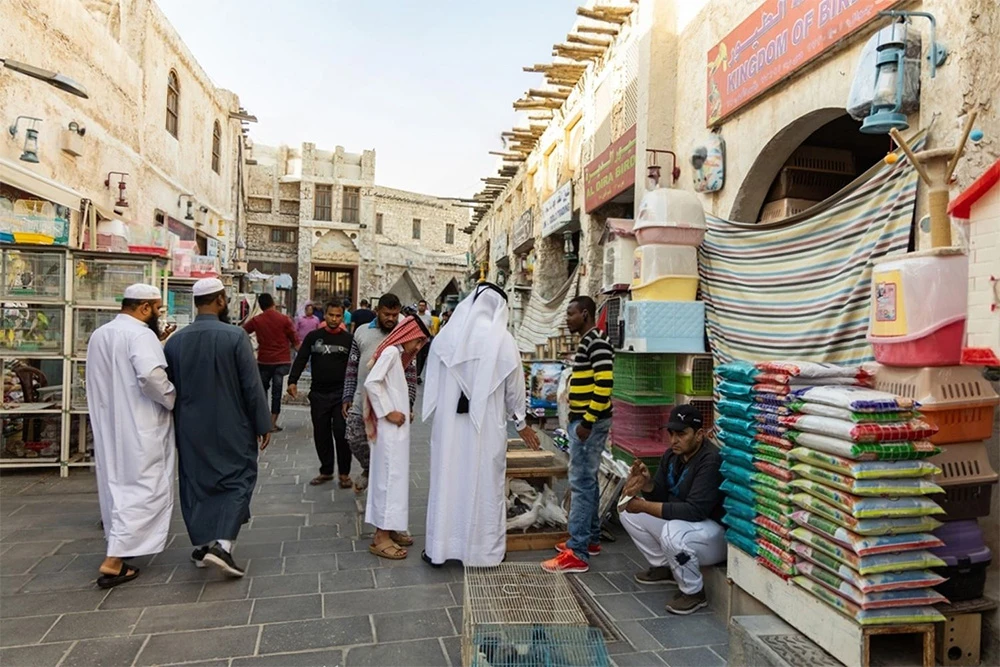
Final thought
In the end, it’s the quiet moments that uncover the heart of Qatar – the scent of cardamom in the air, the warmth of a shared smile, the shimmer of the desert just before dusk. Beneath its modern skyline, there’s a soul that moves slowly, built on stories whispered through generations. Qatar feels like a bridge between stillness and ambition, holding both with grace. And when you leave, it stays with you – a quiet light that keeps glowing long after the journey ends.
